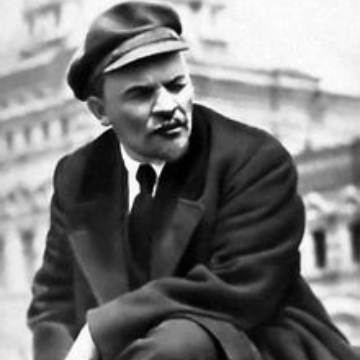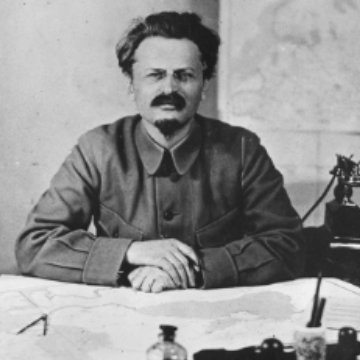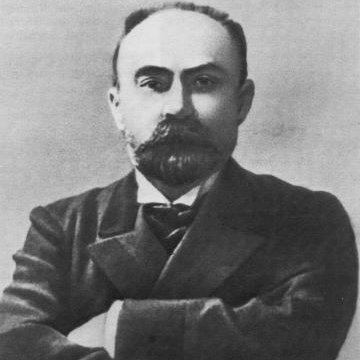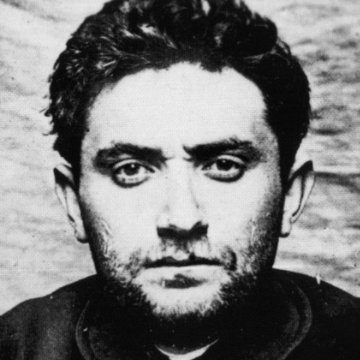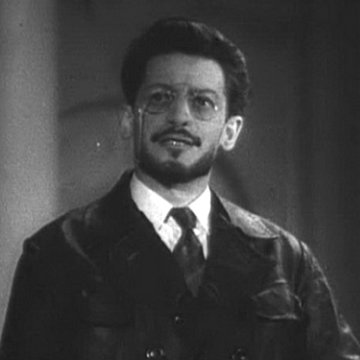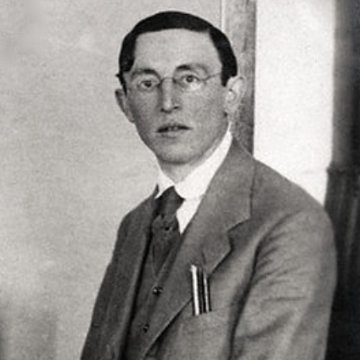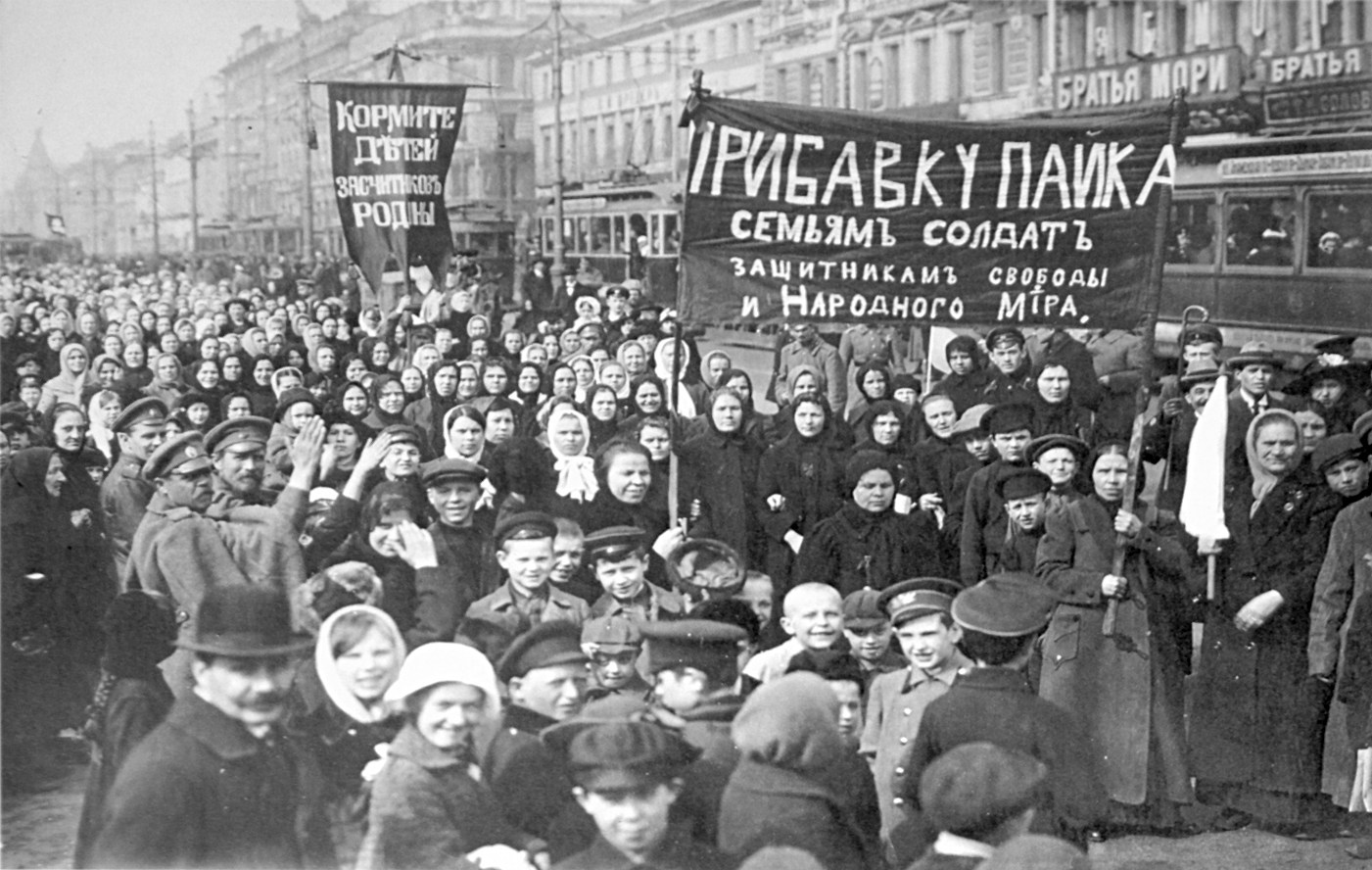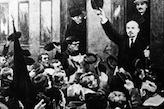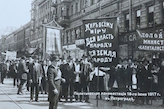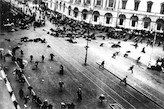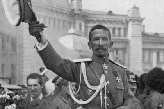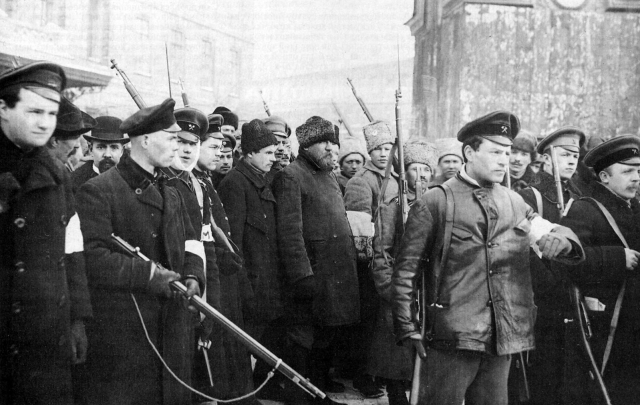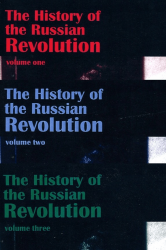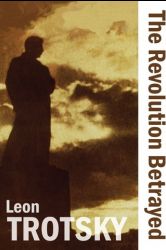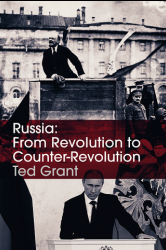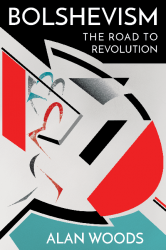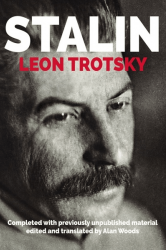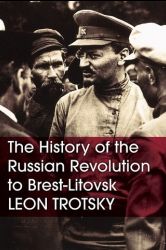The UGT and CIG (one of the biggest union federations in Galicia) have called for a two hours stoppage against the war.
The Workers' Commissions (formerly the Communist-led confederations) are split down the middle over this issue. Whole federations have decided to support the call for the two-hour General Strike. The Executive voted and 15 voted against the call and 11 in favour. We should not rule out an especial conference over this issue. The decision of José María Fidalgo was to oppose the strike, The leadership of the union has provoqued a wave of revulsion. The Asturian federation (a highly industrialised area), the metal worker's federation and some youth sections (like the Madrid South section) are openly calling for support to the strike.
The CGT (the anarchosyndicalist Confederation) has called for a 24 hour General Strike.
The pressure that is piling up has increased after yesterday's student demos. This should help to convince the leaders of the unions to organise for the General Strike to force the resignation of the Government. The demonstrations called by the Students Union have been a great success, bringing on to the streets thousands of students. 30,000 in Madrid, 20,000 in Barcelona, 10,000 in Seville, etc are proof that the students will not stop until a real 24 hour general strike is called.
The CGT has called independently for a 24 hour General Strike. The Students Union, a driving force in the mass mobilizations against the imperialist war, has welcomed this decision and is organising with both hands.
The mood against the war in society is massive. Not only the polls show the isolation of the right-wing Government, the Popular Party (and the latest polls tells us that 91% of the population is against the war) but also we can see this in the daily mass actions as thousands take the streets. For the first time for many years millions of people are entering in the political process. The streets are witnessing politicization of the population of all ages and social classes. The “cacerolazos” (banging pots and pans as a way to express their opposition) that forced the overthrown of De La Rua in Argentina at the end of 2001 have appeared in the big cities all over Spain. Every night at ten o'clock, lasting for fifteen minutes the people in Madrid or Barcelona bang their pots. Hundreds of thousands hang over their balconies and make a noisy point to remind the Government that they are the ones that really have the power.
The call of the General Strike should not be an end, it is the means and must be followed by the creation of committees against the war in the neighbourhoods, factories, schools and universities. The movement must be spread to all sections of societies
The leadership of the labour Movement must raise to the occasion and openly call for a 24 hour general strike to force Government resignation as well as prepare for the coming local elections to return the local governments to the left.

